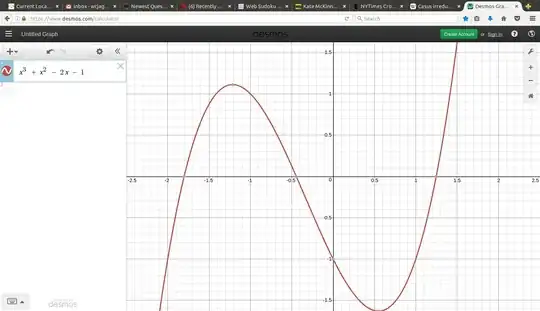I am not sure if there is any simple formula for the root structure of polynomials having a solvable polynomial. The only thing is that the subnormal series tells you the order in which you adjoin radicals. It does not tell you which number in each field formed you take a radical of to make the next field, but if you make the correct choices, then the final field is the splitting field, and the root of the polynomial will be just linear combinations over the base field, of the elements of the splitting field.
For example: $1\triangleleft G_2\triangleleft V\triangleleft A_4\triangleleft S_4$, where $G_2$ is any order two group containing a double-transposition has the following.
$\text{ord}(S_4/A_4)=2$
$\text{ord}(A_4/V)=3$
$\text{ord}(V/G_2)=2$
$\text{ord}(G_2/1)=2$
Thus the general quartic's splitting field is constructed by these steps:
Step 1: Pick a number in the base field and adjoin it's square root.
Step 2: Pick a number in the new field and adjoin it's cube root and $e^{2\pi i/3}$.
Step 3: Pick a number in the new field and adjoin it's square root.
Step 4: Pick a number in the new field and adjoin it's square root, thus producing the splitting field.
By the way, for your two quintics, we know that:
$$e^{\pm 2\pi i/5}=\frac{-1+\sqrt{5}\pm i\sqrt{10+2\sqrt{5}}}{4}$$
$$e^{\pm 4\pi i/5}=\frac{-1-\sqrt{5}\pm i\sqrt{10-2\sqrt{5}}}{4}$$
For $x^5+x^4-4x^3-3x^2+3x+1=0$:
If $(a,b,k)$ is any of $(-4,4,2)$, $(2,-4,4)$, $(4,0,6)$, $(-2,-2,8)$, $(0,2,10)$ then
\begin{align*}
2\cos \frac{2k\pi}{11}=-\frac{1}{5}
&-\frac{1}{10}e^{a\pi i/5}\sqrt[5]{7832-2200\sqrt{5}+(1320+880\sqrt{5})i\sqrt{10+2\sqrt{5}}}\\
&-\frac{1}{10}e^{-a\pi i/5}\sqrt[5]{7832-2200\sqrt{5}-(1320+880\sqrt{5})i\sqrt{10+2\sqrt{5}}}\\
&-\frac{1}{10}e^{b\pi i/5}\sqrt[5]{7832+2200\sqrt{5}+(1320-880\sqrt{5})i\sqrt{10-2\sqrt{5}}}\\
&-\frac{1}{10}e^{-b\pi i/5}\sqrt[5]{7832+2200\sqrt{5}-(1320-880\sqrt{5})i\sqrt{10-2\sqrt{5}}}
\end{align*}
For $x^5+x^4-16x^3+5x^2+21x-9=0$:
If $(a,b,n)$ is any of $(0,-2,1)$, $(-4,0,2)$, $(2,2,4)$, $(-2,4,8)$, $(4,-4,16)$ then
\begin{align*}
\sum_{k=0}^7e^{2n\pi i3^k/41}=-\frac{1}{5}
&+\frac{1}{10}e^{a\pi i/5}\sqrt[5]{321768-8200\sqrt{5}+(9840+14760\sqrt{5})i\sqrt{10+2\sqrt{5}}}\\
&+\frac{1}{10}e^{-a\pi i/5}\sqrt[5]{321768-8200\sqrt{5}-(9840+14760\sqrt{5})i\sqrt{10+2\sqrt{5}}}\\
&+\frac{1}{10}e^{b\pi i/5}\sqrt[5]{321768+8200\sqrt{5}+(9840-14760\sqrt{5})i\sqrt{10-2\sqrt{5}}}\\
&+\frac{1}{10}e^{-b\pi i/5}\sqrt[5]{321768+8200\sqrt{5}-(9840-14760\sqrt{5})i\sqrt{10-2\sqrt{5}}}
\end{align*}
